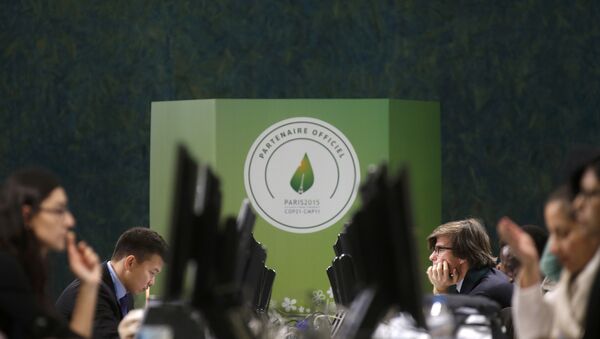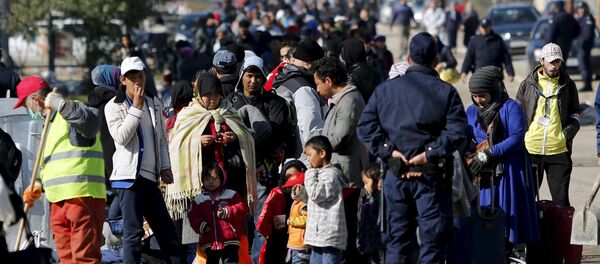"We can make a robust deal in Paris. In our opinion the deal must be legally binding, establish clear goals and further steps to achieve these, provide for a robust transparency and accountability system, and have a real and significant impact on global emissions," Harri Laurikka from the Ministry of the Environment said.
Prior to the conference participating member states submitted an Intended Nationally Determined Contributions (INDCs) plan, setting out national emission targets for 2020.
Laurikka underlined that the deal was not only about these intended targets, "but also very much about the future steps and the whole system."
The negotiator said that informal talks had already shown "initial areas of common understanding and identified possible compromise solutions," and goal now was to translate those solutions into a legal text in Paris.
Also Laurikka stated that climate change mitigation plans submitted by participants of the Paris climate summit are a positive development, but could be more ambitious.
"These current targets have been determined nationally and in aggregate are not ambitious enough for the below 2°C pathway. Therefore, we believe most countries could do better and it is important that we all come back and assess and reflect on the situation in a regular cycle," Harri Laurikka from the Ministry of the Environment said, pointing out that the first assessment must take place before 2020.
The submission of INDCs by 183 countries, Laurikka said, is a remarkable achievement and displays the spirit of unity. He added that parties must "welcome these contributions and secure steps towards their implementation."
Paris is hosting the 21st UN Climate Change Conference from November 30 to December 11. The conference aims to reach a legally binding agreement on climate change. Several developing countries seek a loose wording for the deal, while developed nations want a legally binding agreement to ensure effective mitigation of climate change effects.



